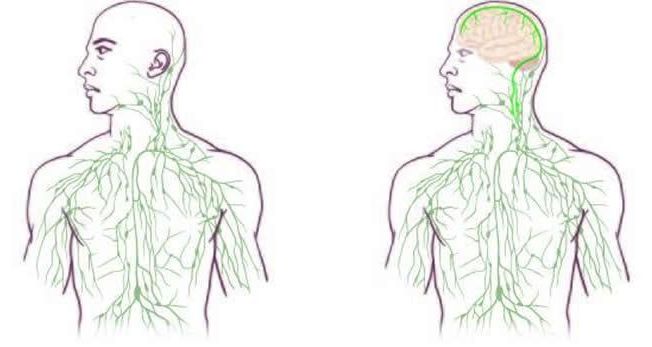A team of two indigenous Nahua students from Guerrero came in first place at a national robotics contest held in Quintana Roo, winning them a berth to represent Mexico in an international competition in Japan next year.
The contest was organized by Conalep, a system of public high schools that offer technical education.
Victor Manuel Bautista Nieves and Próspero Romero Gerardo, both 18-year-old students at the Conalep school in Chilapa, Guerrero, won the contest by designing a robot able to locate and extinguish three randomly-placed candles on a determined field within three minutes.







